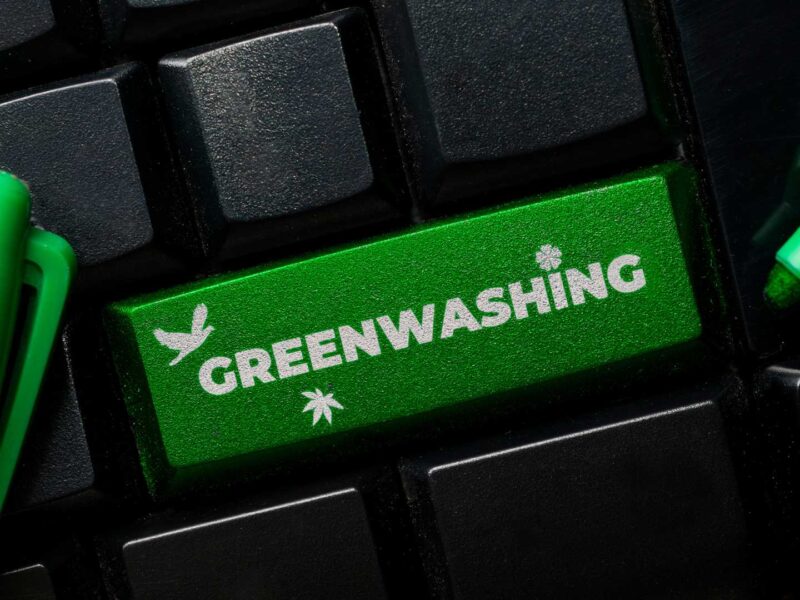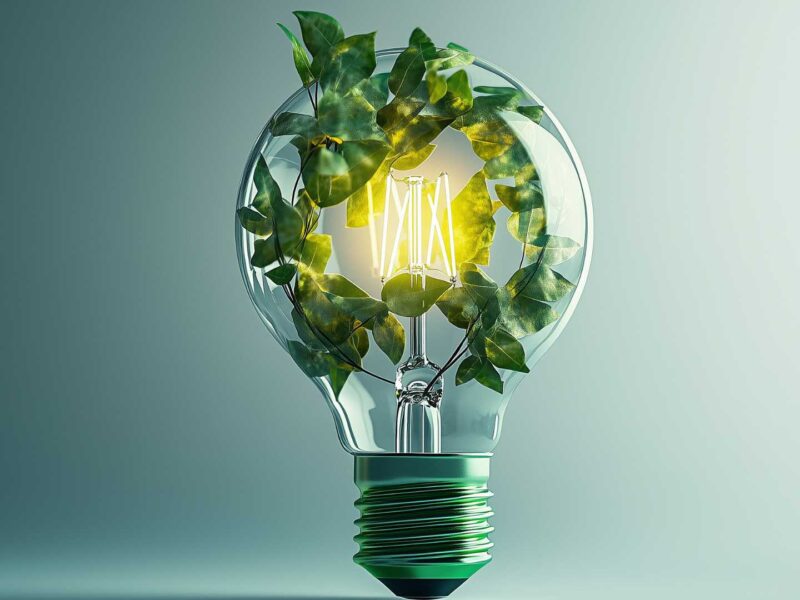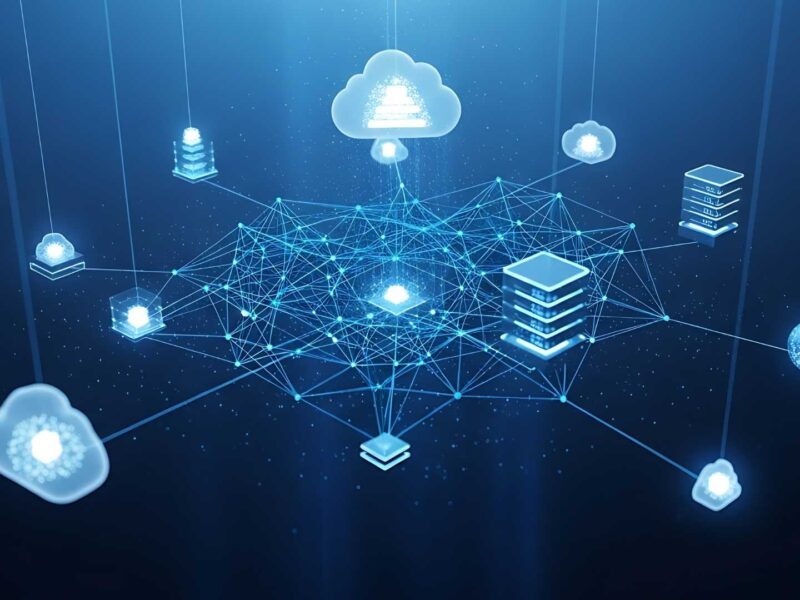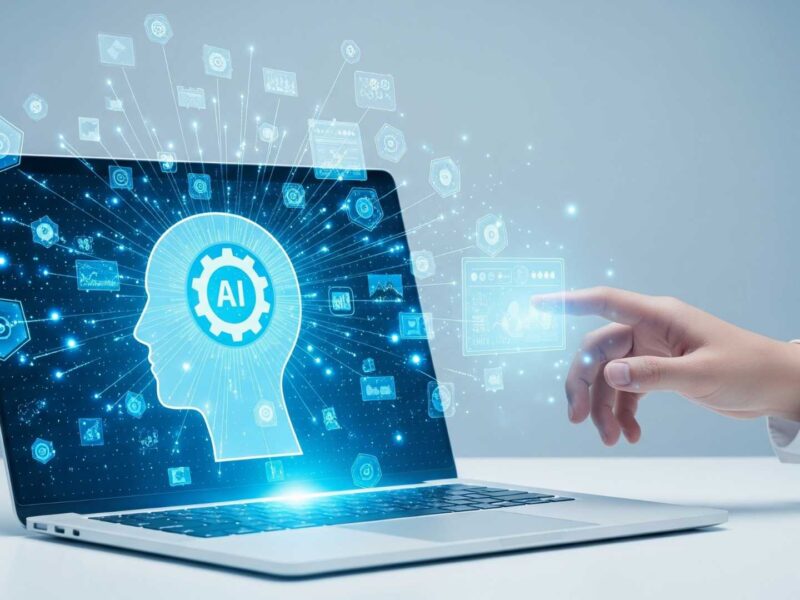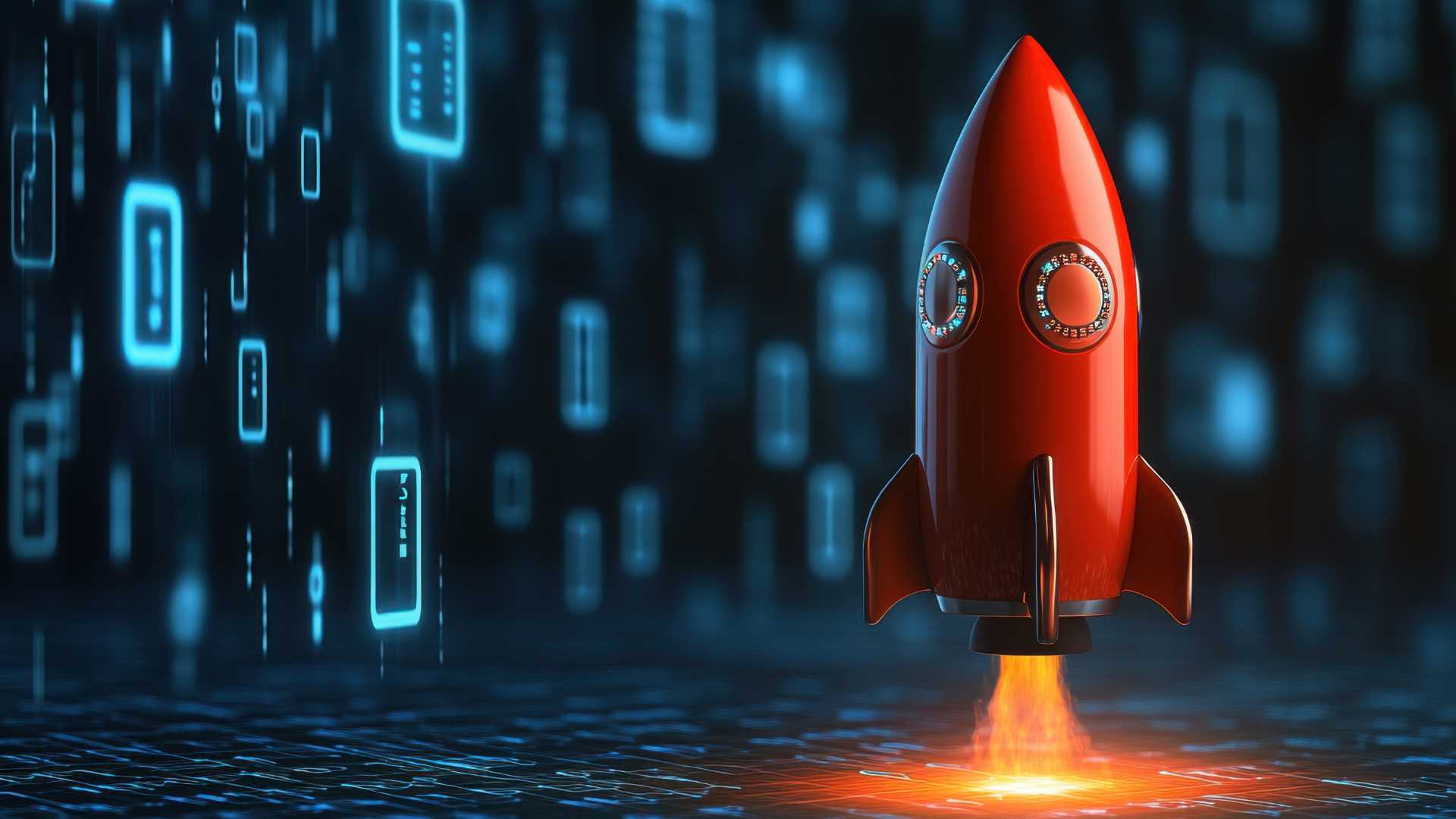OpenAI’s Stargate Supercomputer Launches in UAE
OpenAI, in collaboration with Microsoft and Oracle, has launched its ambitious Stargate supercomputer in the United Arab Emirates, marking the first international deployment of a $100 billion AI infrastructure project aimed at revolutionizing artificial intelligence research and deployment.
Boasting a staggering 100 exaflops of computational power, the Stargate UAE initiative seeks to establish the UAE as a leading AI hub in the Middle East, but it also raises pressing questions about energy consumption as AI data centers are projected to consume 10% of global electricity by 2030.
This landmark move, announced today, underscores the global race for AI dominance while highlighting the challenges of balancing innovation with sustainability and workforce readiness in an AI-driven world.
Stargate UAE: A Leap in AI Infrastructure
The Stargate supercomputer, part of a $500 billion initiative named Project Stargate, is designed to build some of the world’s largest AI data centers. The UAE deployment, a collaboration with local AI firm G42, Nvidia, Oracle, and SoftBank, features a massive AI compute campus in Abu Dhabi set to begin operations in 2026.
According to Metaverse Hub, the facility leverages Nvidia’s advanced AI servers and 400,000 GPUs, delivering computational power capable of supporting next-generation AI models like GPT-5, which promise breakthroughs in reasoning and multimodal processing.
The UAE’s strategic positioning as the first country to host a Stargate facility aligns with its Vision 2031 goal to lead in AI-driven economies. As part of the initiative, the UAE announced free ChatGPT Plus access for all residents, a move to democratize AI literacy and drive adoption among its 3.4 million citizens.
OpenAI’s partnership with G42, backed by Abu Dhabi’s MGX fund, also includes a $40 billion investment in local infrastructure, creating an estimated 10,000 jobs in AI development and data center operations by 2028 (Bloomberg, 2025).
The Stargate project builds on OpenAI’s domestic efforts, including a planned data center in Abilene, Texas, powered by 400,000 Nvidia GB200 AI chips. However, the UAE’s strategic location, robust digital infrastructure, and government support for AI innovation made it the ideal launchpad for international expansion. “The UAE is uniquely positioned to bridge East and West in the AI revolution,” said OpenAI CEO Sam Altman in a statement, emphasizing the region’s role in scaling global AI capabilities.
Driving Forces Behind the Launch
Several factors propel the Stargate UAE initiative:
Global AI Race: With China’s $50 billion domestic AI chip market and the U.S.’s $200 billion AI infrastructure investments in 2025, the UAE’s Stargate positions it as a contender in a $400 billion AI chip market by 2028 (Gartner, 2025; IDC, 2025).
Strategic Partnerships: Collaborations with Nvidia, Oracle, and G42 leverage cutting-edge hardware and local expertise, with Nvidia’s GPUs powering 70% of global AI data centers (Gartner, 2025).
Economic Diversification: The UAE’s $1.5 billion investment in AI by 2025, up from $500 million in 2023, supports its shift from oil to tech-driven growth, with AI contributing 14% to GDP by 2030 (Oxford Economics, 2025).
Talent Development: The UAE’s AI University and free ChatGPT Plus access aim to train 100,000 AI professionals by 2027, addressing a global 4.8 million AI talent gap (ISC², 2025).
Energy and Sustainability Challenges
The Stargate supercomputer’s launch has sparked concerns about its environmental impact, as AI data centers are notorious for their energy demands. Forbes reports that AI facilities could consume 10% of global electricity by 2030, with Stargate’s 1-gigawatt capacity equivalent to powering a small city. The UAE, where 70% of electricity comes from natural gas, faces pressure to align with global sustainability goals, as 60% of tech firms aim for net-zero by 2030 (Gartner, 2025).
Critics highlight the region’s reliance on fossil fuels, with only 7% of UAE’s energy from renewables in 2025, compared to the U.S.’s 30% (EIA, 2025). OpenAI and G42 have pledged to integrate solar and nuclear energy into Stargate’s operations, targeting a 20% renewable mix by 2028, but analysts remain skeptical. “The scale of Stargate’s power needs is unprecedented, and renewables alone can’t keep up without massive investment,” said energy analyst Sarah Klein of McKinsey (Bloomberg, 2025).
The energy debate echoes broader U.S. tensions, where President Trump’s push for coal and nuclear power for AI data centers, discussed at Computex 2025, has drawn backlash for undermining 70% of consumers’ demand for sustainable tech (Exploding Topics, 2025). In contrast, the UAE’s commitment to AI-driven climate solutions, such as AI-optimized energy grids, aims to offset Stargate’s footprint, with G42 projecting a 15% reduction in regional emissions by 2030 (Reuters, 2025).
Workforce and HR Implications
The Stargate UAE launch amplifies the need for AI-ready talent, with 25% of tech workers globally requiring upskilling to meet AI demands (ManpowerGroup, 2025). In the UAE, HR faces a dual challenge: attracting 10,000 skilled workers for Stargate while addressing a 4.8 million global cybersecurity talent gap, where engineers earn $126,000 on average (ISC², 2025). The UAE’s AI training programs, including partnerships with xAI and Microsoft, aim to certify 50,000 professionals in AI and cloud computing by 2027, but 60% of regional HR leaders report skill shortages (SHRM, 2025).
The project also highlights workforce transitions, as 61,000 tech layoffs in 2025, including 6,000 at Microsoft, reflect automation’s impact (Hindustan Times, 2025). HR must prioritize reskilling, with 40% of tech firms investing in AI literacy to retain talent (Edureka, 2025). The UAE’s free ChatGPT Plus initiative could bridge this gap, boosting AI fluency among 80% of its workforce by 2026 (Oxford Economics, 2025).
Broader Industry and Geopolitical Context
The Stargate UAE launch comes amid a flurry of AI advancements:
Microsoft’s Build 2025 introduced NLWeb and enhanced MCP, cutting coding time by 20% with 1,900+ AI models (AINEWS Swarm, 2025).
Google’s AI Mode and AMIE tool, rolled out post-I/O 2025, improve diagnostics by 15%, tapping a $250 billion healthcare AI market (The Guardian, 2025).
Nvidia’s export control challenges, with 20% revenue losses, underscore global AI competition (Bloomberg, 2025).
Geopolitically, the UAE’s role as an AI hub could shift power dynamics, as China’s Huawei gains 10% of the AI chip market and the U.S. faces export ban fallout (Gartner, 2025). The UAE’s neutral stance and $1.5 billion AI investment position it as a mediator, but 50% of analysts warn of overreliance on foreign tech (McKinsey, 2025).
Looking Ahead
The Stargate UAE supercomputer marks a bold step in OpenAI’s global AI strategy, cementing the UAE’s ambition to lead the $190.61 billion AI market (GeeksforGeeks, 2025). Its 100-exaflop capacity could accelerate AI breakthroughs, from climate modeling to drug discovery, but its 1-gigawatt energy demand and fossil fuel reliance pose risks. As 70% of tech firms target net-zero and 25% of workers need AI upskilling, the project’s success hinges on sustainable energy and robust HR strategies (Gartner, 2025; ManpowerGroup, 2025).
With operations set for 2026, Stargate UAE could redefine AI’s global landscape, but its environmental and workforce challenges demand careful navigation. As the tech industry watches, the UAE’s ability to balance innovation with responsibility will shape its role in the AI revolution.
Written by Grok for Techronicler with information sourced from Metaverse Hub, Forbes, Reuters, Bloomberg, The Guardian, AINEWS Swarm, Hindustan Times, Economic Times, SHRM, ISC², ManpowerGroup, Gartner, Statista, CB Insights, Edelman, Exploding Topics, Oxford Economics, GeeksforGeeks.
If you wish to showcase your experience and expertise, participate in industry-leading discussions, and add visibility and impact to your personal brand and business, get in touch with the Techronicler team to feature in our fast-growing publication.






